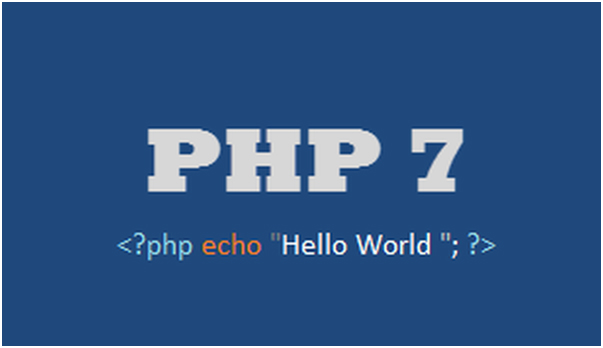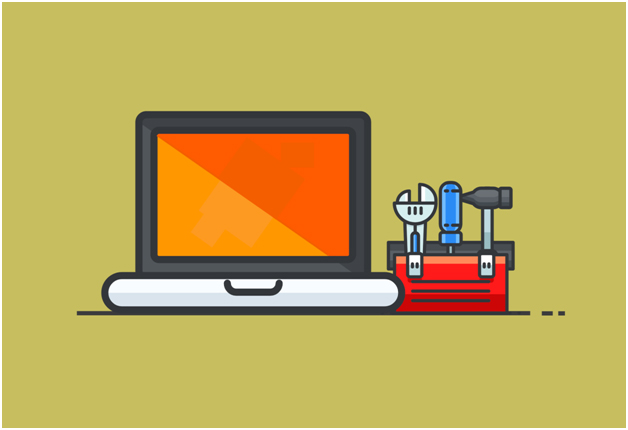
PHP-7: The New Era of Web Development
PHP, a versatile programming language, has been a cornerstone in web development since Rasmus Lerdorf introduced it in 1994. Originally standing for "Personal Home Page," PHP's acronym has evolved to mean "Hypertext Preprocessor." Its wide-ranging applications extend from website development to robotic system control and graphics-related tasks, showcasing its versatility.
The years 2014 and 2015 marked significant updates in PHP's journey, leading to the release of PHP-7. This update was surrounded by controversy due to the absence of a PHP-6 release, which remained in development and never saw a public launch. After much debate, the name PHP-7 was chosen by a majority vote, symbolizing a new chapter in the language's evolution.
PHP-7 is the brainchild of the phpng (next generation) team, led by developers Dmitry Stogov, Nikita Popov, and their colleagues. Their vision was to transform the Zend engine, resulting in an engine that doubled in efficiency compared to its predecessor. This improvement illustrated PHP's commitment to constant evolution and adaptability.
PHP-7 is compatible with most servers, including Microsoft Internet Information Server, but it's predominantly used with the Apache server. One of the pivotal integrations in PHP-7 is the JIT (Just-In-Time) compiler, enhancing data processing speed and compactness.
Key features of PHP-7 include:
A new scalar function library, designed to meet emerging web development challenges more effectively.
Significantly faster processing speed, enhancing web content display and improving user experience.
Advanced error handling and debugging, simplifying the troubleshooting process for developers and testers with more precise error indications.
Introduction of new operators like the spaceship operator, increasing value return accuracy.
Removal of redundant functions to streamline coding and reduce processing load.
Transitioning from older PHP versions (pre-5.5) to PHP-7 has been made user-friendly for developers, acknowledging the need for seamless migration to newer, more efficient versions.
The PHP-7 update, powered by the Zend 3.0 engine, marks a revolutionary leap in performance, serving more concurrent users without the need for additional hardware. This version also boasts a 50% improvement in energy efficiency compared to its predecessors, reflecting a growing awareness of environmental concerns and server load management in software design.
PHP-7's enhancements are not just about raw performance; they also signify PHP's alignment with the latest web development trends and technologies. As we look towards the future, PHP-7 stands as a testament to the language's enduring relevance and its role in shaping the web development landscape.










Our Services